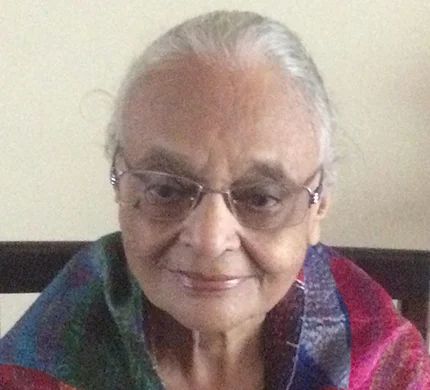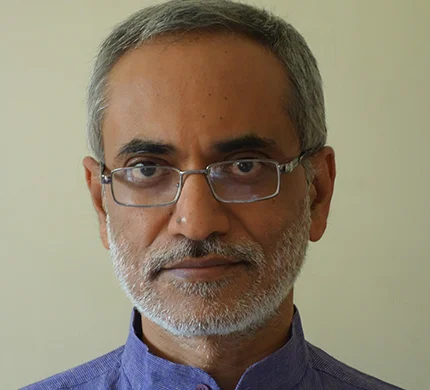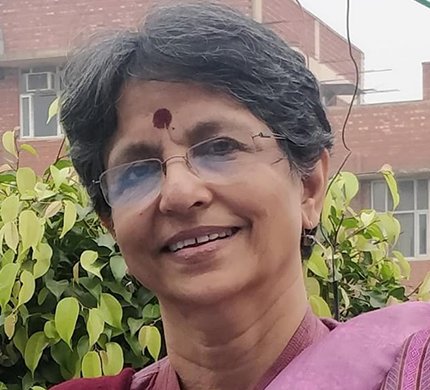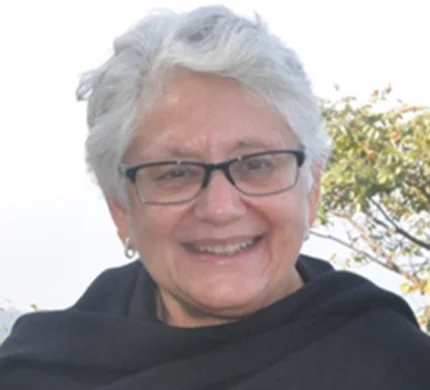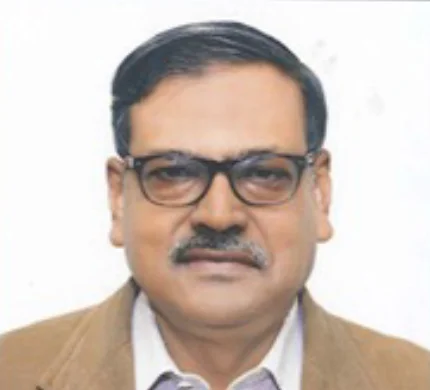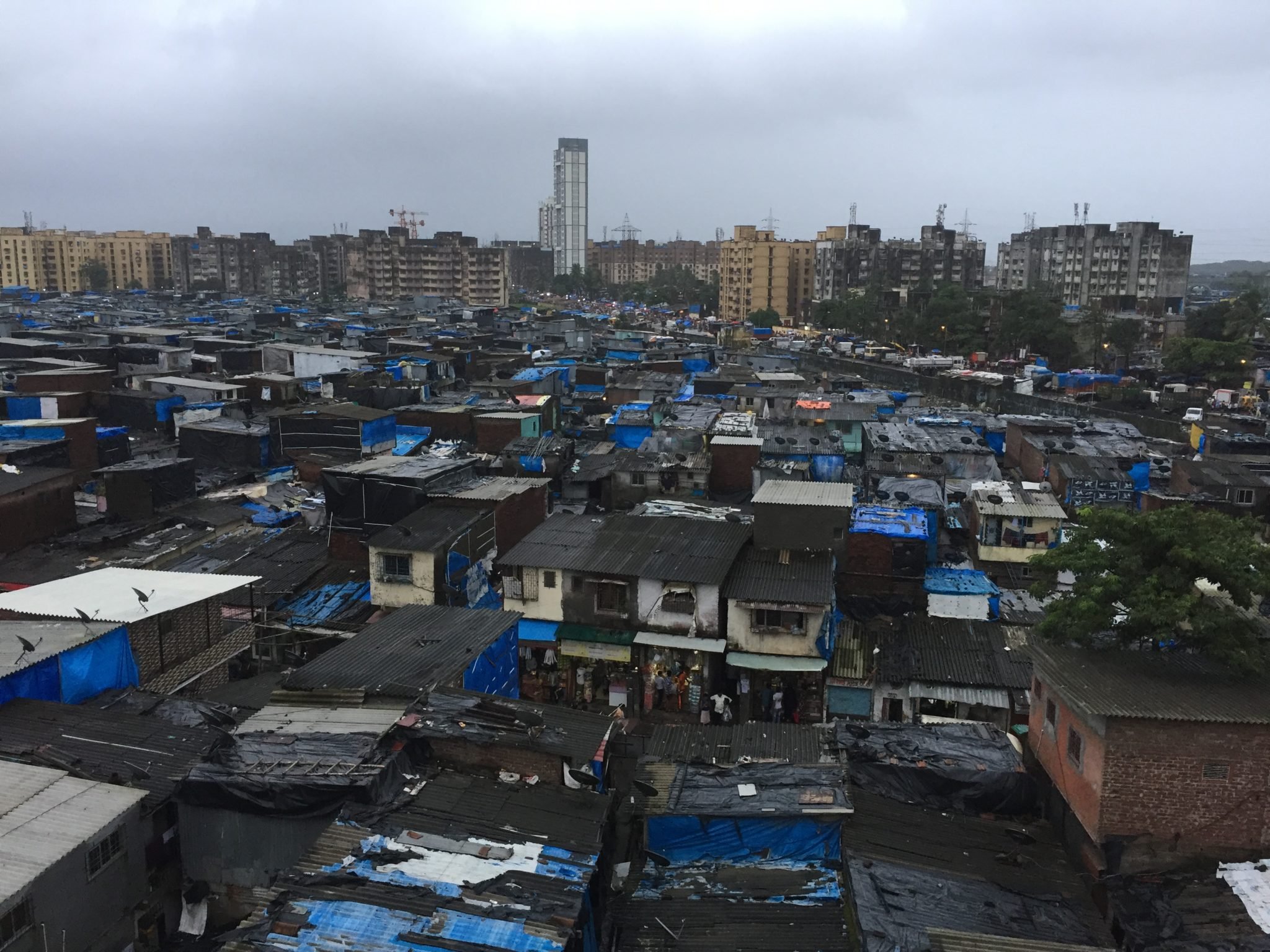
Formally trained architects in India participate in the building of habitation for less than 10 percent of the population. This project works with the hypothesis that “the educational ecosystem is not geared towards providing architectural services for large numbers of the population” and if architectural education is reconfigured, then such an access would be possible. This hypothesis provides the core objective: to assess the educational ecosystem in architecture towards identifying issues that become impediments to the mass access to architectural services. The education ecosystem in architecture consists of architectural colleges; the Council of Architecture, which sets the agendas; the universities, which set syllabi, monitor methods, etc; the state technical boards that control admissions, fees, etc; awards, magazines and journals; and architectural offices. Since about 90 percent of habitation does not involve architects, this study would also undertake a short assessment towards understanding the processes of habitation-making along with the capacity development processes in them. The overlap of the above two assessments would enable us to identify the specific shortcomings in the educational ecosystem. This research is expected to provide: strategies to improve current pedagogical practices; policy notes for improving institutional ecosystems; structures and platforms for capacity building, evaluation and sharing in the pedagogic ecosystem so that it remains responsive, agile, equitous and relevant to current needs.
Key Words:Architectural Education, Habitat Equity, Institutional Landscape for Architecture, Spatial Culture, Spatial Justice, Spatial Economy, Inhabitation
Key Themes:
Architectural Education, Pedagogy
Project Site:
Architectural Institutions across India
Principal Investigator:
Prasad Shetty
Co-Investigator:
Rupali Gupte

